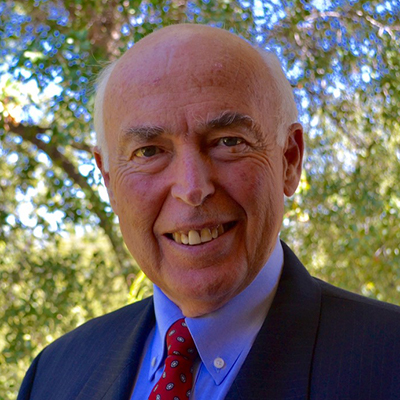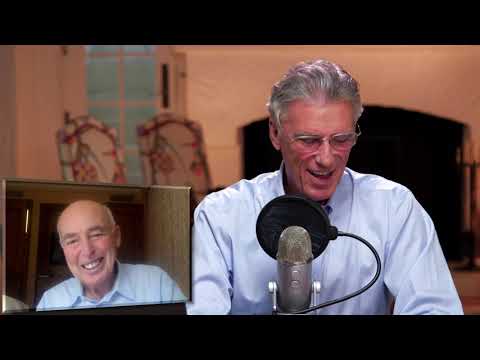Angelo Maria Codevilla
Angelo M. Codevilla was born on May 25, 1943 in Voghera, Italy, and became a U.S citizen 19 April 1962. In 1966, he married Ann Blaesser. Five children. A Google search for Angelo Codevilla yields some 2M items.
He is professor emeritus of international relations at what is now the Pardee School of Global Studies at Boston University, and a member of the working group on military history of the Hoover Institution, Stanford University. He served as a U.S. Navy officer, a Foreign Service Officer, professional staff member of the Select Committee on Intelligence of the United States Senate, as well as on President Reagan’s transition teams for the State Department and Intelligence. He speaks or reads the major European languages. He runs a vineyard in Plymouth, CA, and writes.
Codevilla’s received the BA from Rutgers (1965) the MA from Notre Dame (1968), and the Ph.D from the Claremont graduate school (1973). In addition to Boston University, he has taught at North Dakota State, Georgetown University, and Princeton University.
Among Codevilla’s thirteen books are: Modern France (1974); War Ends and Means (with Paul Seabury, 1986, 2nd ed. 2005); Informing Statecraft (1992); Machiavelli’s Prince, a linguistic analysis (1996); The Character of Nations (1997, 2nd ed. 2009); A Student’s Guide To International Relations (2010), and To Make And Keep Peace (2014) .
Since 1964 Codevilla’s major articles have appeared, among other places, in The Claremont Review of Books, Foreign Affairs, Telos, and Modern Age. Countless book chapters and book reviews. Short articles by Codevilla may be found in The New York Times and Wall Street Journal as well as in other print and electronic outlets.


